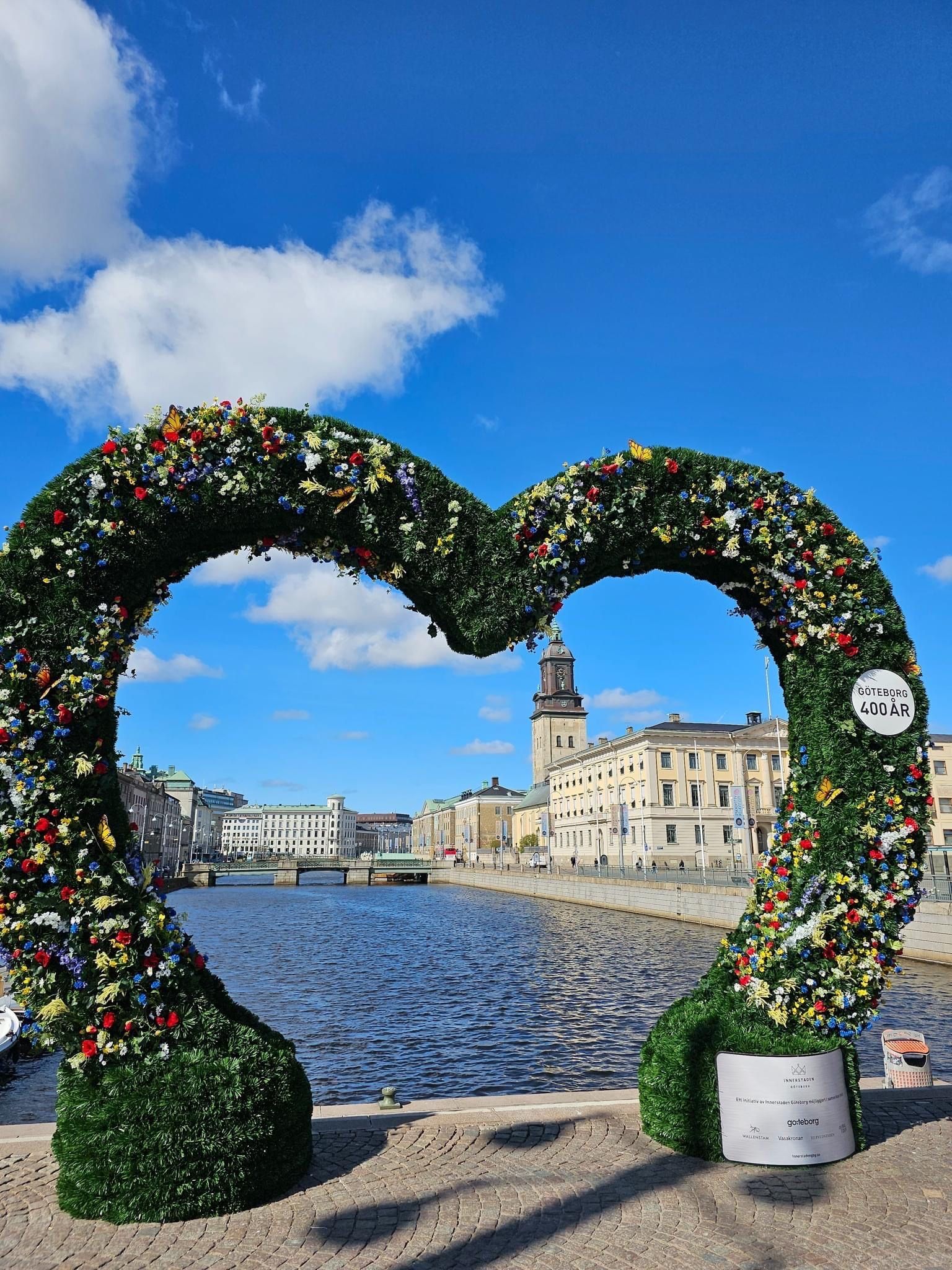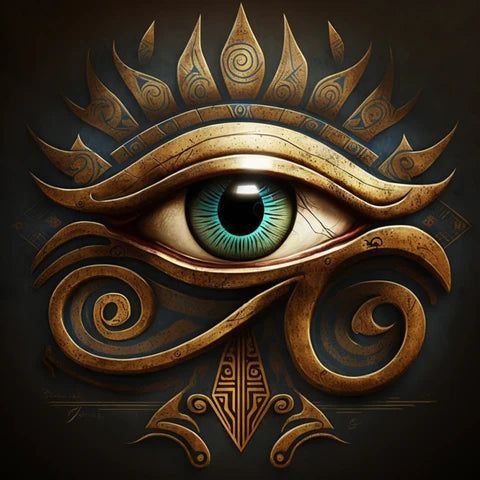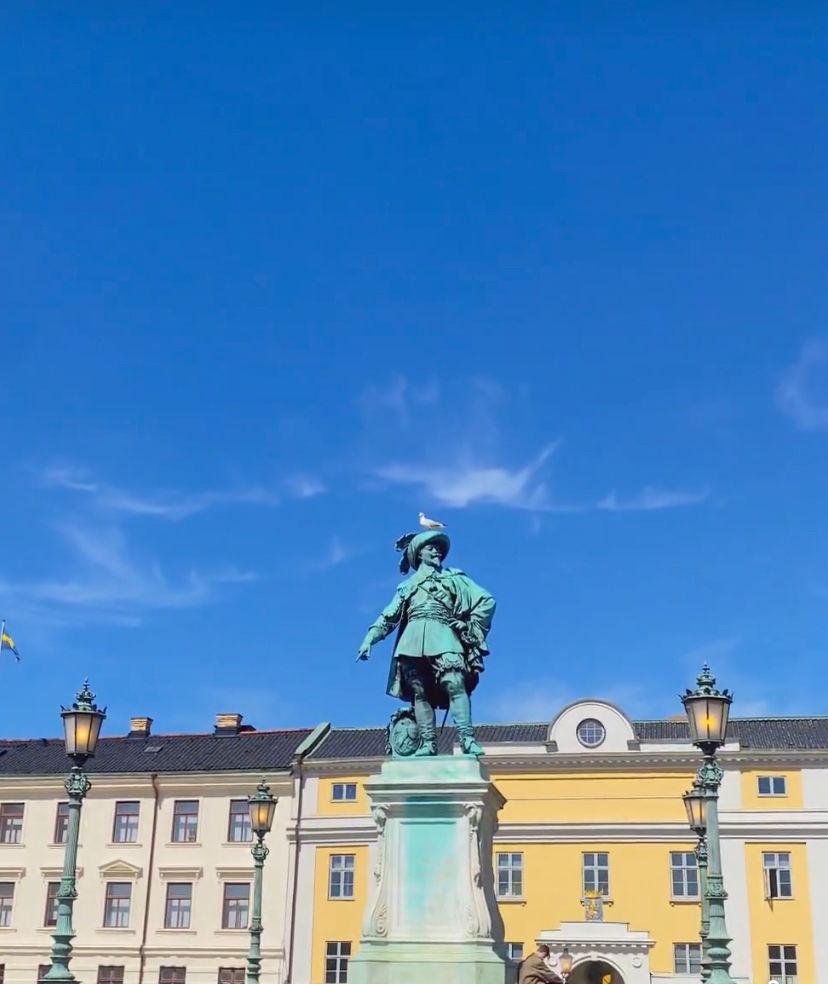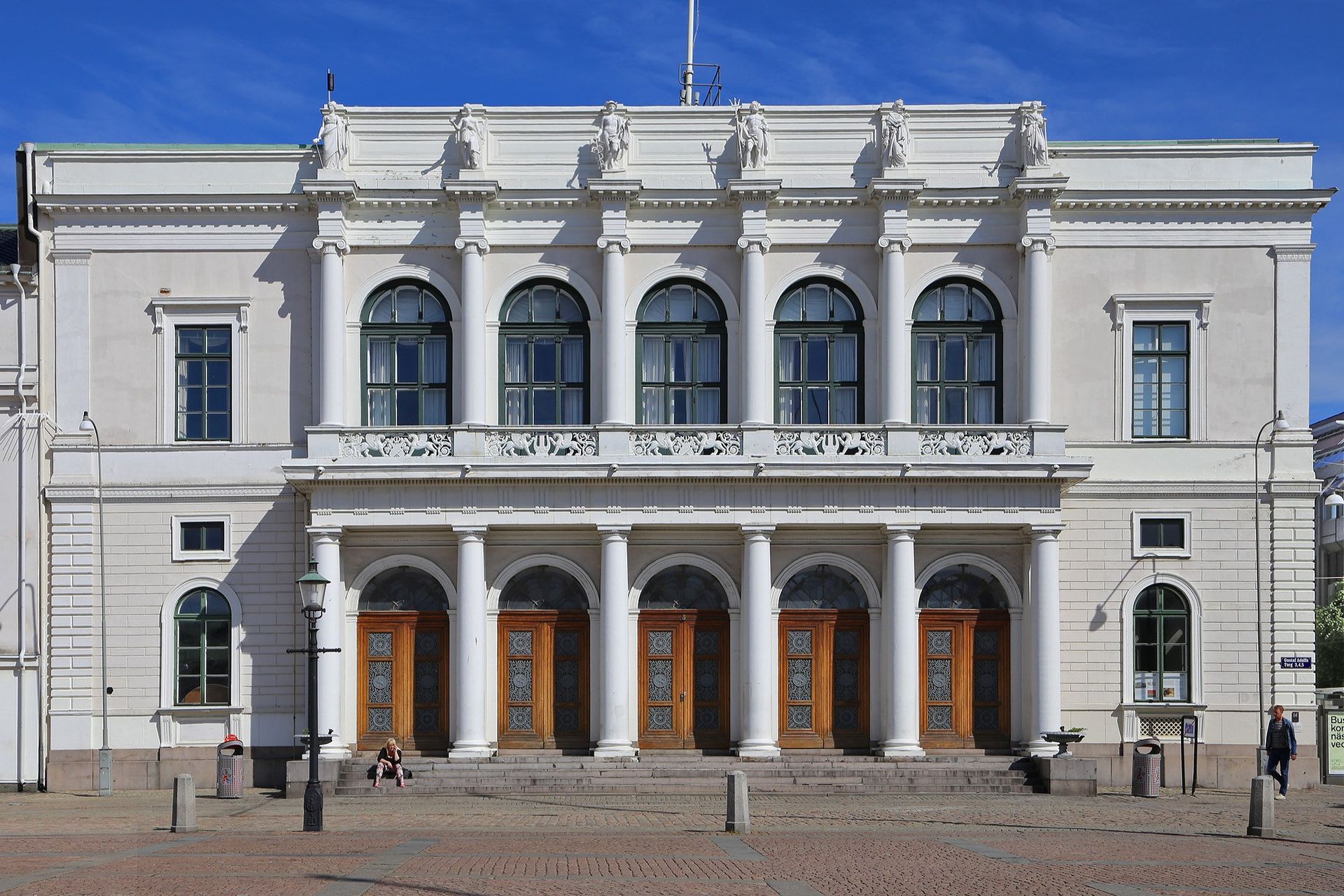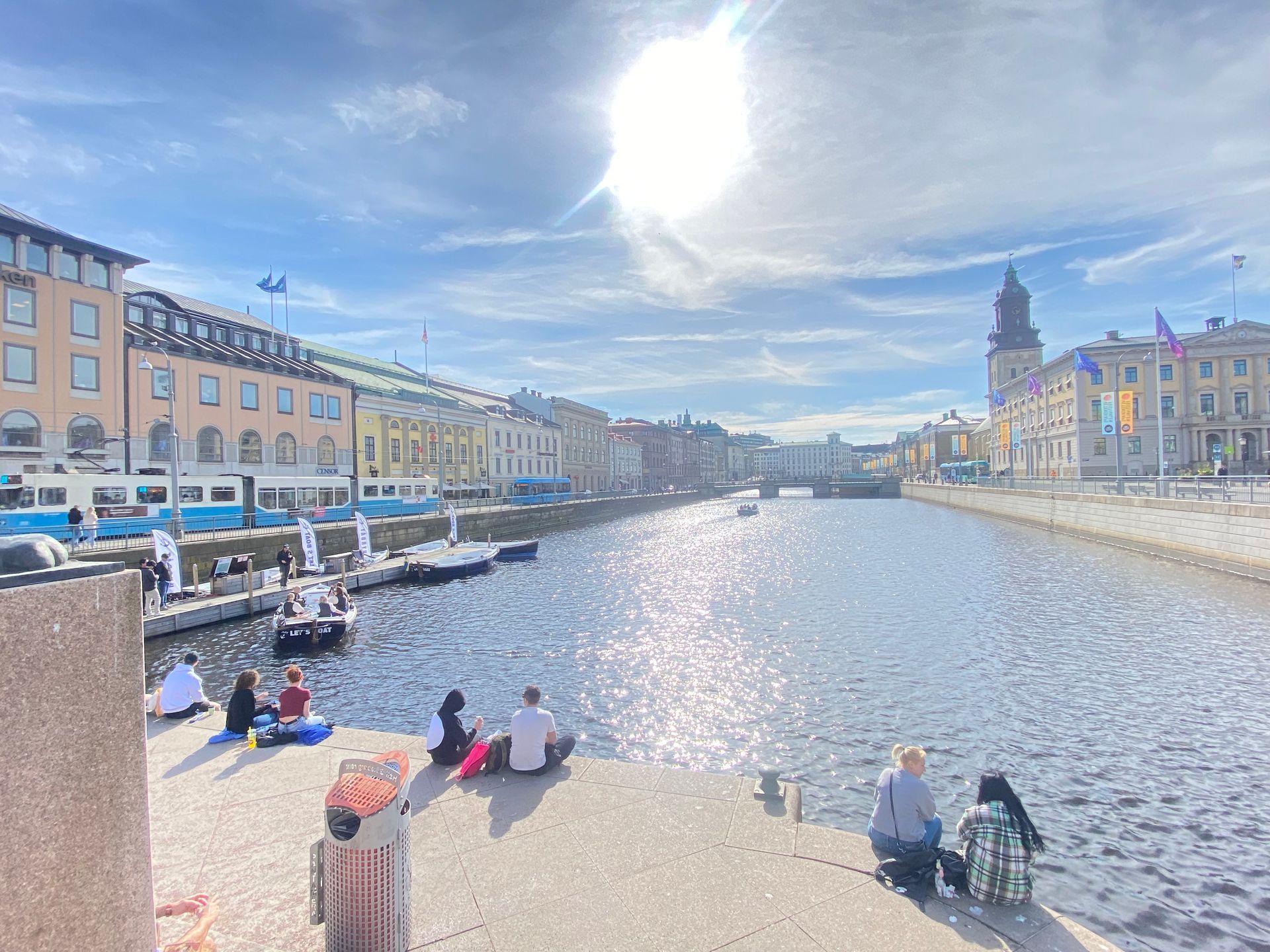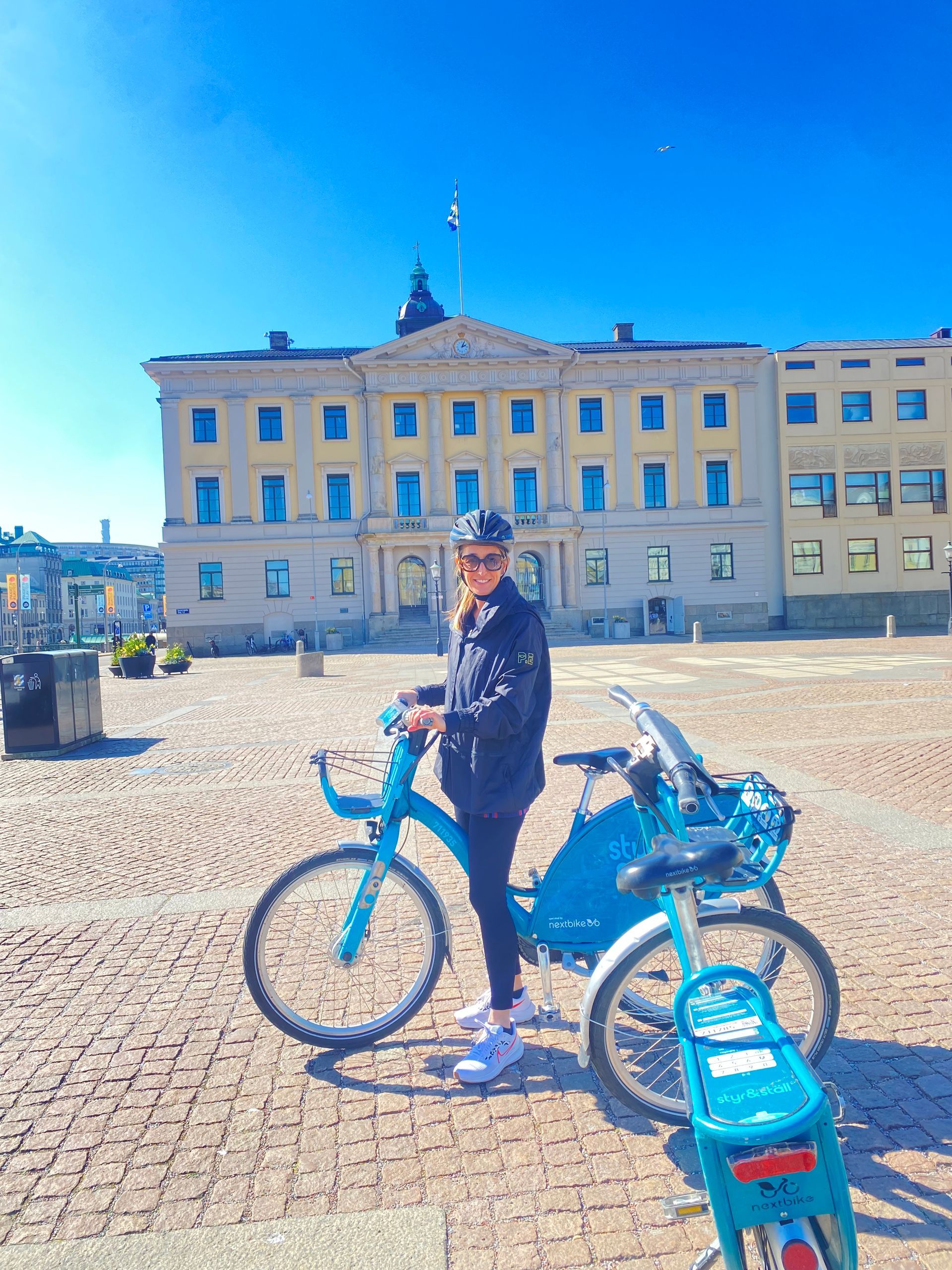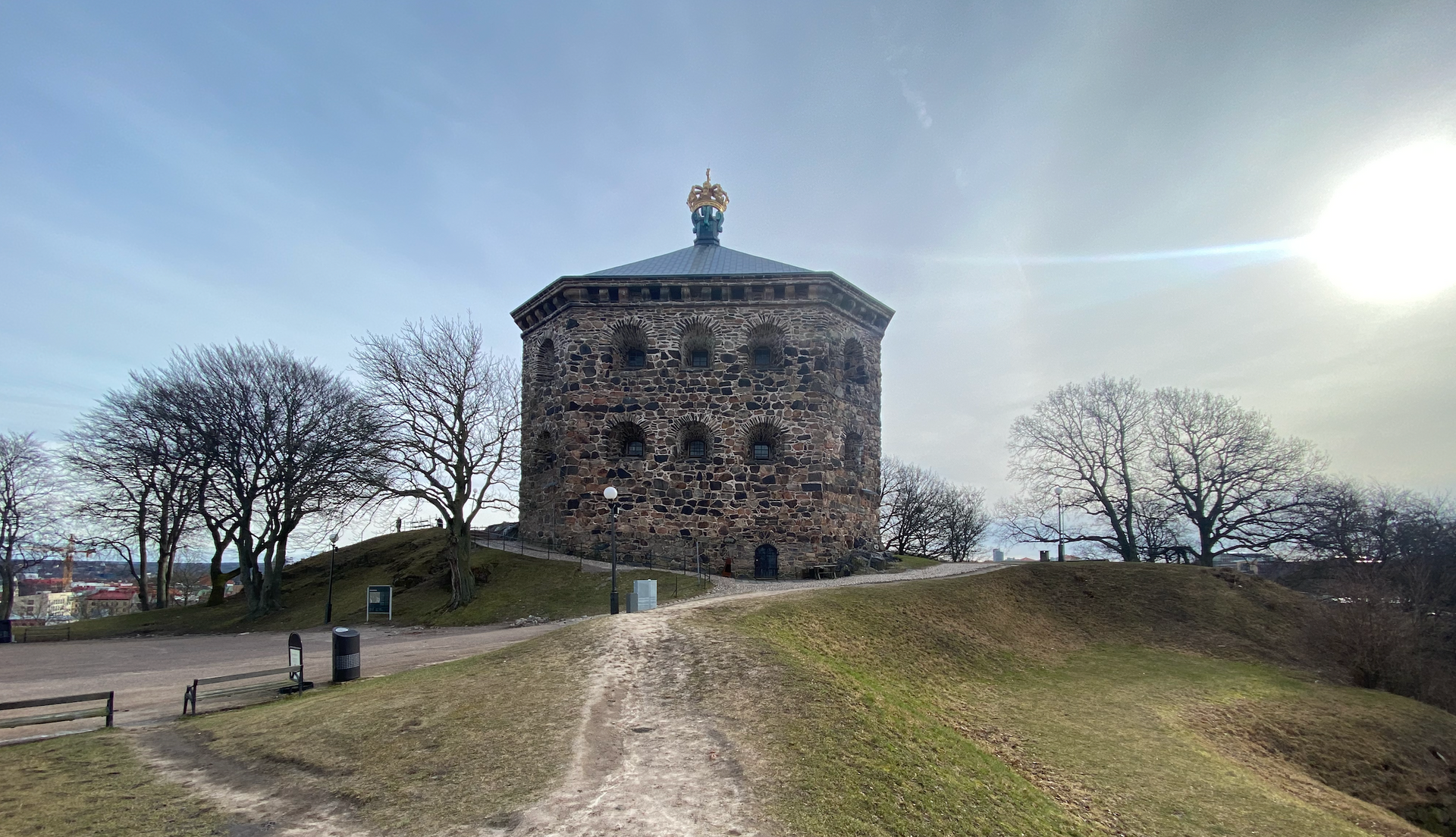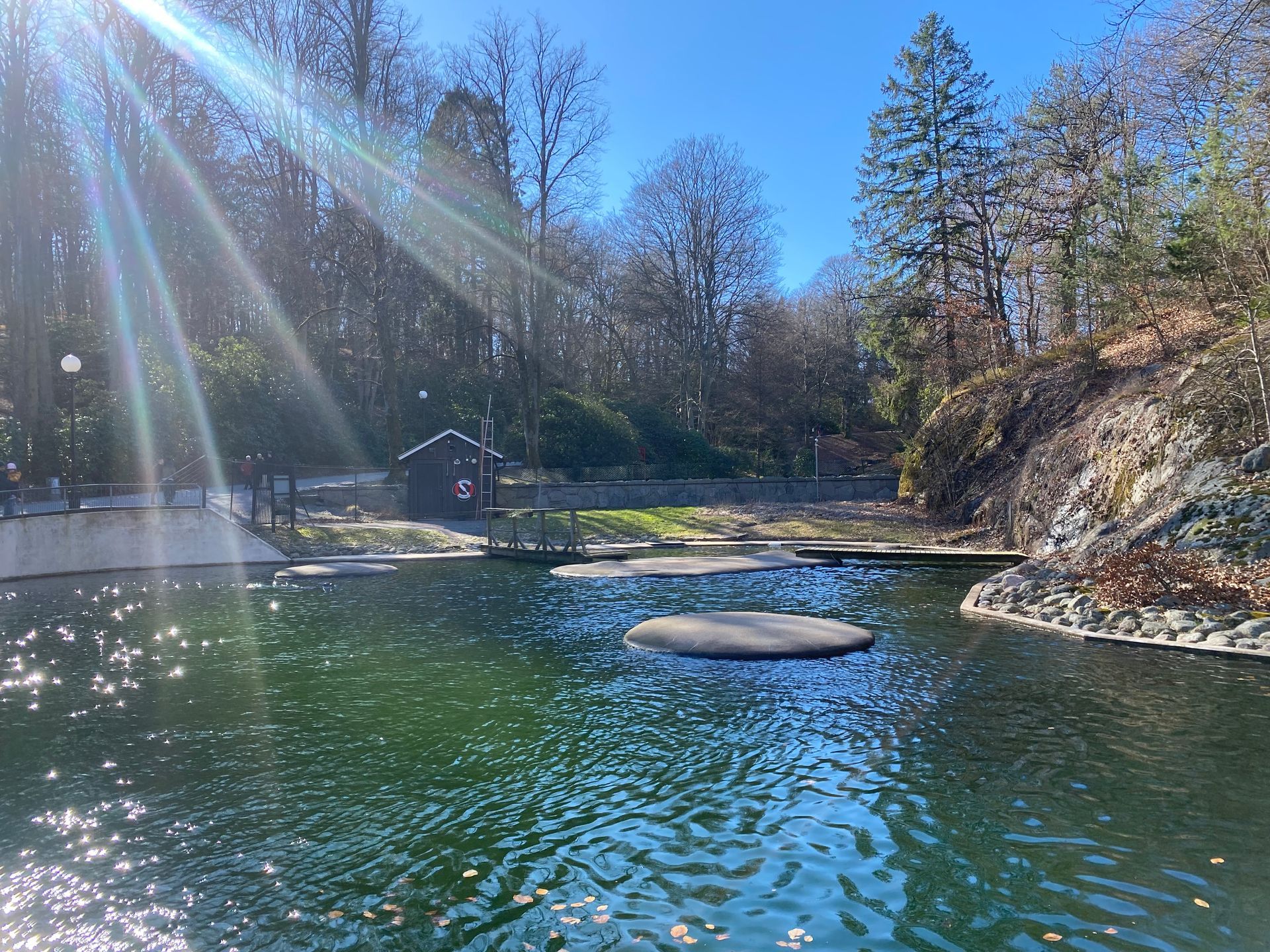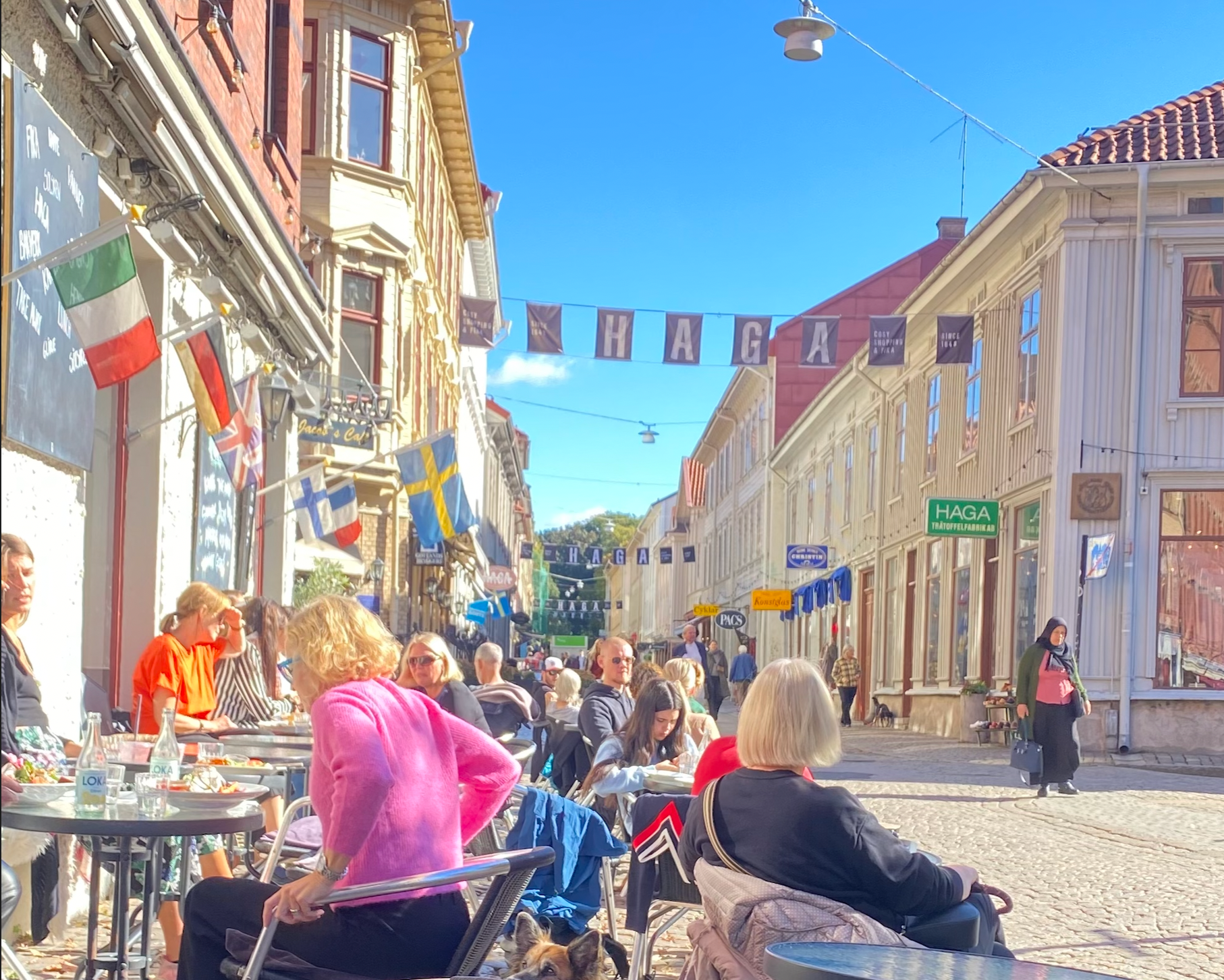Påsk (Easter) is an holiday in Sweden
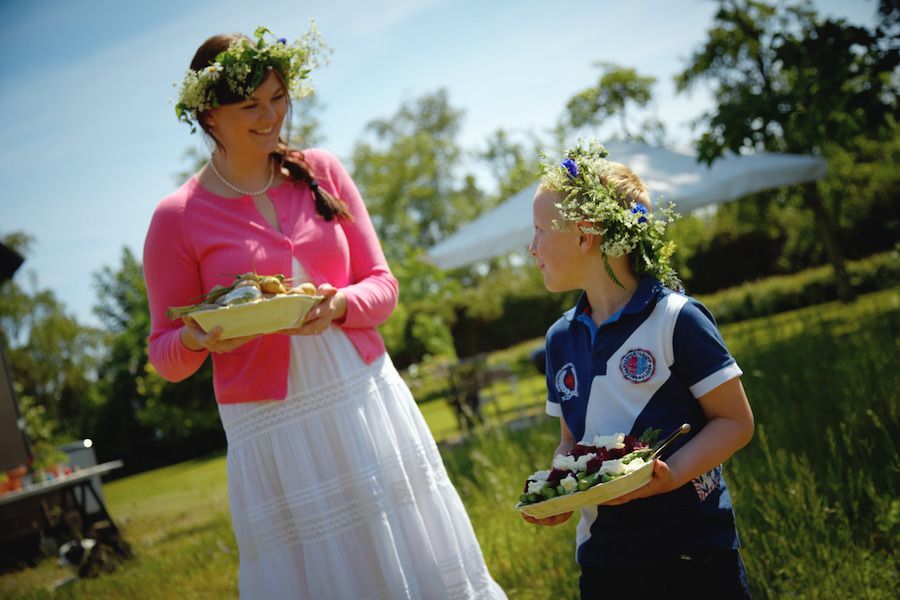
Påsk (Easter) is an important holiday in Sweden, celebrated on the first Sunday after the first full moon following the vernal equinox.
The holiday is a blend of Christian and pagan traditions, and is typically observed over several days.
In Sweden, the celebration of Påsk begins on Maundy Thursday, also known as Skärtorsdag, with many people taking the day off work. It is traditional to eat a meal of herring and other fish dishes, and children often dress up as påskkärringar (Easter witches) and go door-to-door asking for candy.
On Good Friday, known as Långfredag, many Swedes attend church services and reflect on the meaning of Easter.
The highlight of the Påsk celebration is Easter Sunday, when families gather for a big meal that often includes påskmust (a special soft drink), eggs, herring, and other traditional foods. Children participate in an Easter egg hunt, searching for eggs hidden throughout the house or garden.
In Sweden, Easter Monday is a public holiday, known as Annandag påsk, and many people spend the day relaxing with family and friends or participating in outdoor activities, such as skiing or hiking.
Overall, Påsk is a time for family, food, and traditions in Sweden, and it is a cherished holiday for many Swedes.
Blogs
